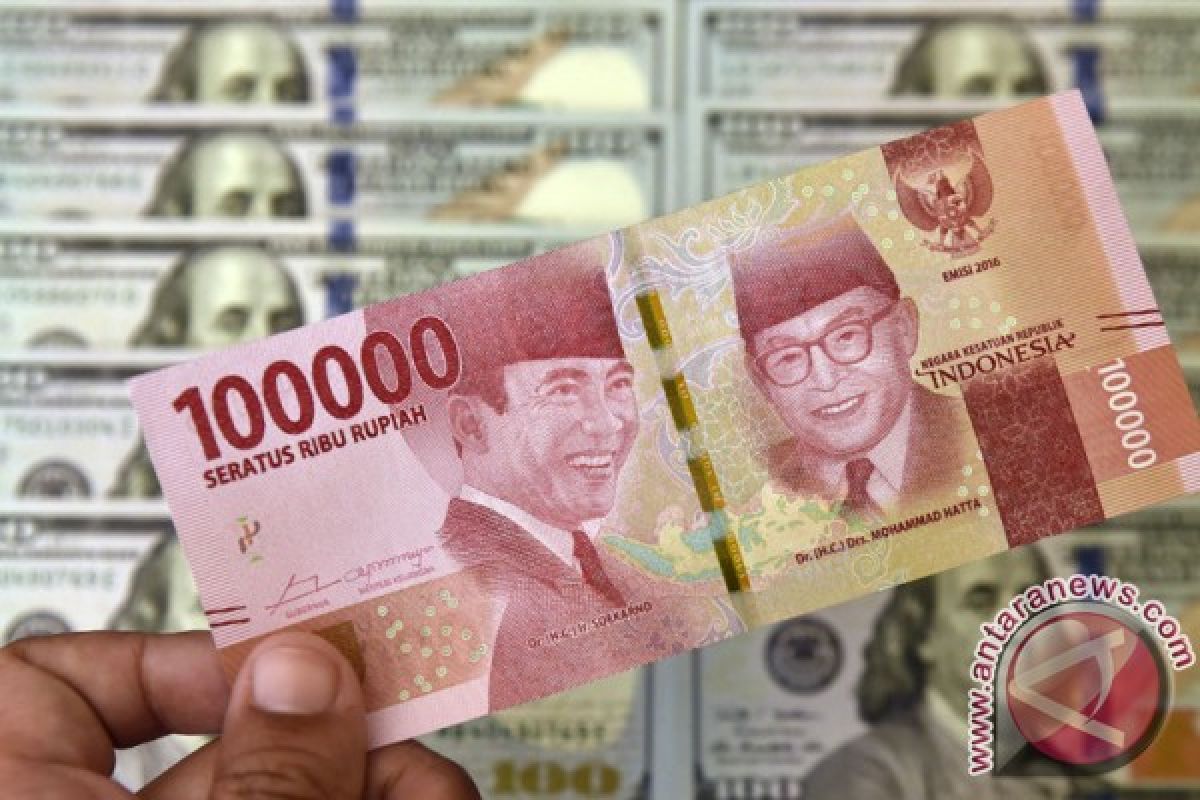"Pushing exports will be more effective than intervening in the money market," CIPS researcher Novani Karina Saputri said here on Tuesday.
According to Saputri, Bank Indonesia`s (BI`s) policy to respond to the Fed Rate hike by raising its benchmark rate is effective only in the short run.
The policy also has no significant impact on the stability of the rupiah`s exchange rate, she noted.
Pushing exports is also important to stabilize the country`s balance of trade, she remarked.
Indonesia recorded a trade deficit due to an increase in oil and gas imports, among others, she noted.
"Oil and gas imports in May 2018 rose 20.95 percent compared to April 2018 and jumped 57.17 percent compared to May 2017," she revealed.
For its part, both the government and the central bank must continue to find ways to push exports, she pointed out.
She was of the view that BI will not always be able to rely on its 7-Day Repo Rate and make double intervention by supplying foreign exchange and buying state securities (SBN) to control the rupiah`s exchange rate against the dollar.
"Instead of responding to the Fed Rate hike by raising benchmark interest rate and intervening in the market, BI should work closely with the government to increase exports," she concluded.
Reported by Muhammad Razi Rahman
EDITED BY INE
(T.S012/B/KR-BSR/B003)
Reporter: antara
Editor: Heru Purwanto
Copyright © ANTARA 2018












